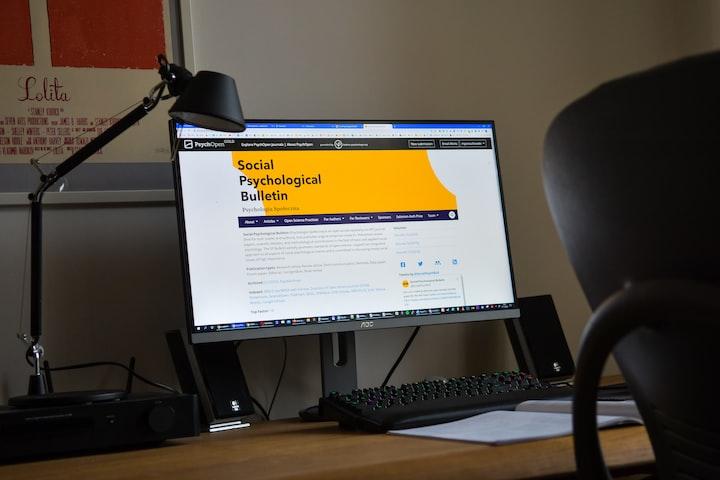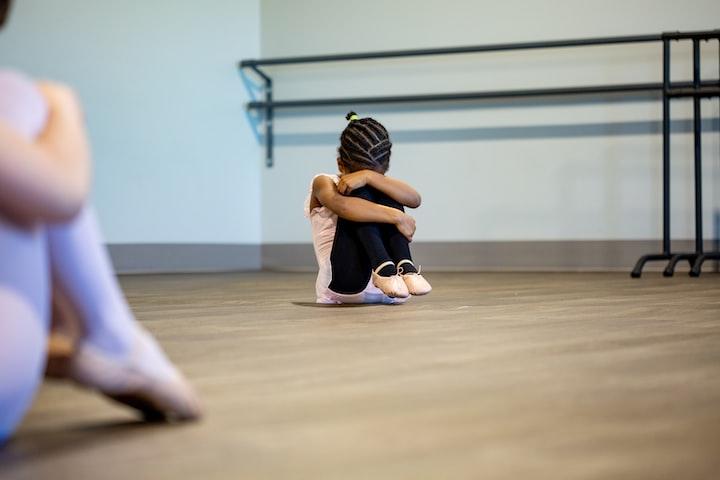Signs and Symptoms of Bipolar Disorder in Women
There are many signs of bipolar in a woman, but some are more common than others. If you notice any of the following signs in yourself or someone you know, it’s important to seek professional help.
1. Mood swings: People with bipolar disorder often experience extreme mood swings. They may go from feeling extremely happy or “up” to feeling very sad or “down.” These mood swings can be subtle or dramatic, and they may last for a few days to a few weeks at a time.
2. Irritability: Many people with bipolar disorder also experience periods of irritability. This can manifest as angry outbursts, general crankiness, or even just feeling “on edge” all the time.
3. Change in sleep patterns: People with bipolar disorder often have difficulty sleeping, and their sleep patterns may change drastically over the course of their illness. They may suffer from insomnia during periods of mania, and then have trouble staying awake during periods of depression.
4. Change in appetite: Appetite changes are also common in people with bipolar disorder. They may lose their appetite completely during depressive episodes, or they may become ravenously hungry during manic episodes. These changes.
Read More »Signs and Symptoms of Bipolar Disorder in Women






